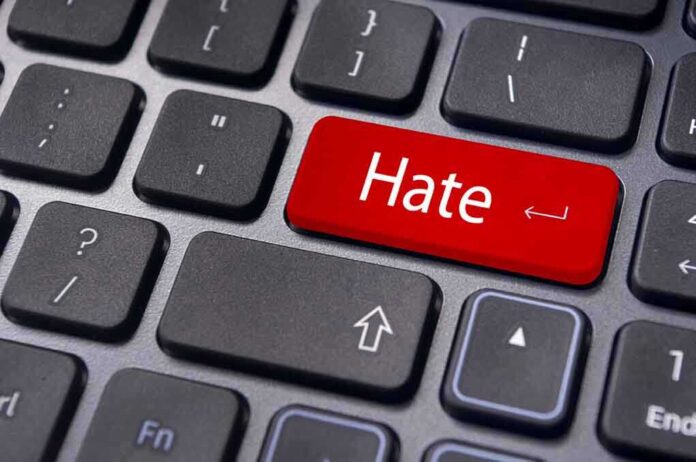
A new wave of antisemitic violence threatens constitutional freedoms, as an anti-Israel agitator faces justice for hate crimes.
Story Snapshot
- Tarek Bazrouk sentenced for hate crimes against Jewish protesters in NYC.
- DOJ emphasizes commitment to combating antisemitic violence.
- Judge Richard Berman presides over significant legal proceedings.
- Case underscores the rise of antisemitic violence amid Israel-Hamas tensions.
Hate Crimes and Legal Consequences
Tarek Bazrouk, a 20-year-old anti-Israel agitator, was sentenced to 17 months in federal prison for committing hate crimes against Jewish counter-protesters in New York City. This sentencing followed a series of violent incidents during protests related to the ongoing Israel-Hamas conflict, which occurred between April 2024 and January 2025. The legal proceedings highlighted the growing antisemitic violence during protests and the necessity for a robust legal response to safeguard First Amendment rights for all citizens.
The Department of Justice (DOJ) played a crucial role in prosecuting Bazrouk, underscoring its commitment to addressing hate crimes effectively. Assistant Attorney General Harmeet K. Dhillon emphasized that the Civil Rights Division will continue to pursue allegations of antisemitic violence relentlessly. This case serves as both a warning and a deterrent against future hate crimes, reinforcing the legal system’s dedication to protecting all communities from bias-motivated violence.
Background of Rising Tensions
The Israel-Hamas conflict has long been a source of tension, often leading to global protests and counter-protests. These events sometimes escalate into violence, as illustrated by Bazrouk’s actions, which included assaults on Jewish students and the theft of an Israeli flag. The protests in New York City, a melting pot of political expression, have been complicated by the presence of antisemitic bias and support for anti-Jewish groups like Hamas.
Historically, incidents of antisemitic harassment and violence have been reported, particularly on college campuses, indicating a troubling trend of increasing hostility towards Jewish communities. The sentencing of Bazrouk draws attention to the need for heightened awareness and decisive action against antisemitism, aiming to foster a more tolerant and understanding society.
Implications for the Future
The impact of Bazrouk’s sentencing extends beyond immediate legal consequences, influencing how law enforcement and judicial systems may handle similar cases in the future. The case is a testament to the political will necessary to address hate crimes and protect constitutional freedoms. It also emphasizes the importance of holding perpetrators accountable, serving as a deterrent to others who might engage in similar acts of violence.
By addressing these incidents decisively, the DOJ and the courts are sending a clear message: antisemitic violence will not be tolerated. As society grapples with the challenges of combating hate, this case highlights the critical role of the legal system in upholding justice and safeguarding the rights of all individuals.
Sources:
Anti-Israel Agitator Sentenced for Hate Crimes Against Jewish Protesters
Anti-Israel Agitator Accused of Violently Attacking Jewish Protesters Learns His Fate
Case: Frankel v. Regents of the University of California
Anti-Israel Agitator Accused of Violently Attacking Jewish Protesters

































